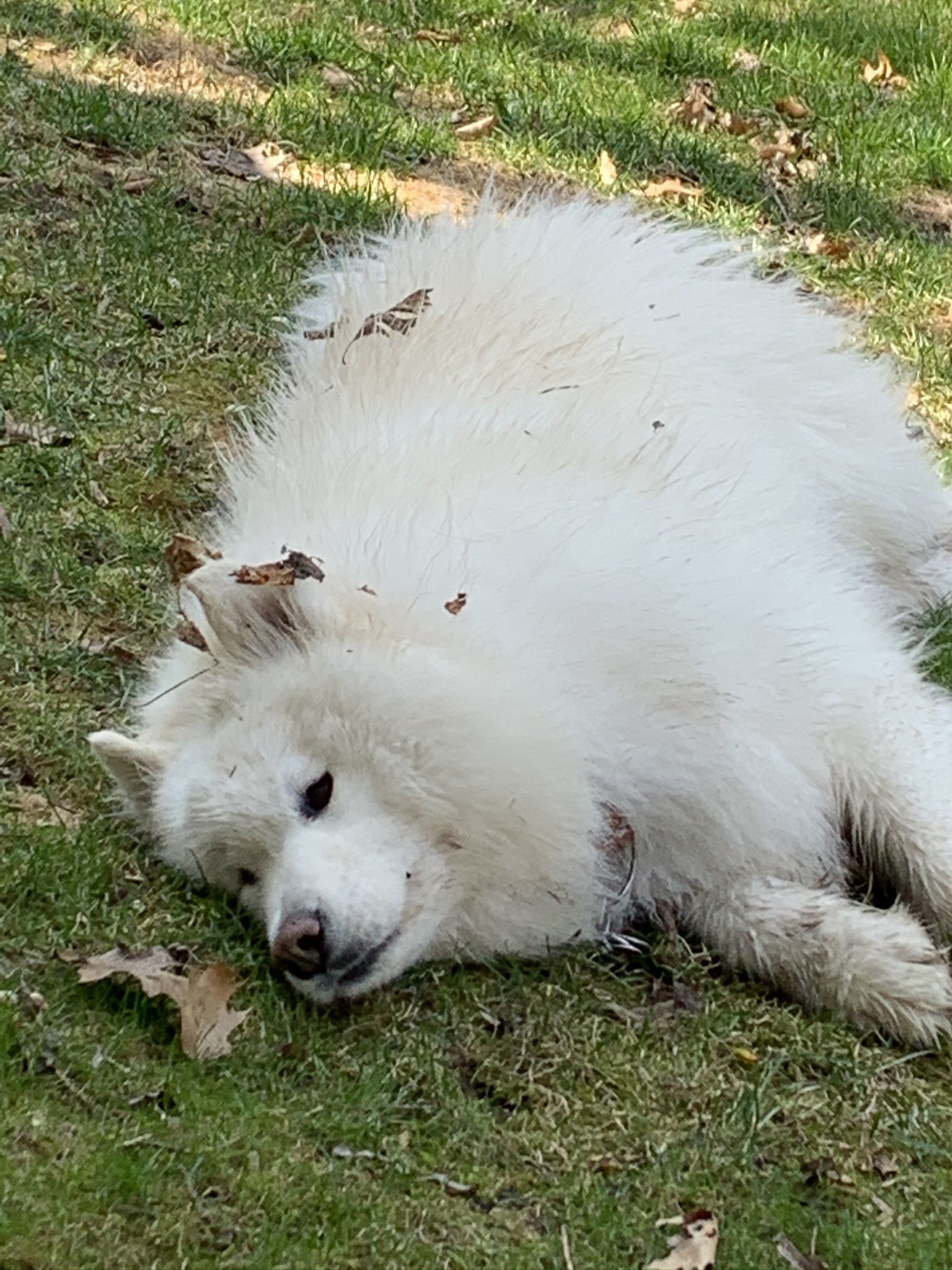
Literary Criticism, Animals, and Covid-19
The graduate course that I’ve been taking this semester on “Revisioning the Middle Ages” has given me a newfound appreciation for the ways in which all the “new-fangled” theories and avenues of inquiry have impacted and are impacting not only the field of Medieval Studies, but all the fields in the humanities, and the awareness I now have of how they permeate not only scholarly discourse but also popular discourse and hence “real”/public life. Moving from critical race theory and the impactful authors such as, most important for me, Heng and Ahmed, and especially Lomuto’s reading of the “Mongol” princess’s mediating role in the King of Tars, into the idea of gender labor as applied to the Eleanor Rykener case, and to my lit review on critical animal studies in the Medieval field, has shown that though these theories examine Medieval Studies from different perspectives/angles/positionalities, they all assist in a common intent: deconstructing the conservative idea/ls that have permeated past scholarship, and thus opening up new ways of thinking about medieval texts and the study thereof, and about “real”/public life as a consequence.
Especially impactful was my professor’s statement on my analysis of intersectionality as something to be “deployed.” I now understand intersectionality as influencing and permeating everything I do, and that it, along with other theories such as critical animal studies—which itself is being integrated into intersectional readings—are not to be “deployed” but, rather, to be integrated and understood, continually reflected upon and returned to. I realized that the term “deployed” arose from my military background, and in my reading since, I have noticed other scholars using the term “deployed” not only for intersectionality but for other theories, these theorists in all likelihood not having a military background like mine due to my positionality as a second-career PhD student. War imagery, as I have identified in the current political moment, does not work and is counterproductive to what (most?) humanities scholars now would be interested in doing: deconstructing and/or dismantling the current power structure.
Considering Nixon’s “war on drugs” was actually a war on minorities and specifically “deployed” to incarcerate black males—it is hard to wage war against an idea that is not concrete, such as drugs, and the idea of which serves to distract from the true war, that is exerted on other people, the current word choices surrounding Covid-19 that liken this, our experience to a “war” render the virus—something that is within people’s physical bodies, and also minds—an internal threat, an internal war that is waged on/within our own bodies and minds. The war is not on the virus, it is on our “selves,” and it is not an “equal opportunity” virus but one that is making visual the very hypocrisies of our power structure in America, doing the most damage and waging “war” on the disenfranchised, which happen to be at the bottom end (or losing side) of capitalism. Who of our class, will ever forget the Anglo-Saxon/racist pencils that point to this underlying violence of American liberalism, exceptionalism and manifest destiny? “Deploying” weapons against “Covid-19” places a battle within our “selves”—the battle ground being our bodies and our minds. This is not unlike word choices such as “battling cancer” and “cancer victim,” which also serve to create a victim/victor mentality and to place the onus for survival on the “patient”—the individual—which also places blame on the individual: a VERY characteristic tendency of the damaging notions of liberalism that permeate and dominate our society to its core. A disease is a byproduct/symptom of our way of life. Better terms, then, would reflect healing, not destroying. This mis-handling of words is what critical race theory, gender theory, and animal studies can draw our, and by extension our students’, the public, and so on, awareness and attention to. The power of words to affect our psyche and thus our social experience, is very real and is not abstract.
A case study of the impact of seemingly abstract scholarship/language on the “real”/public world is present in Derrida’s seminal work that inspired now countless iterations of animal studies analyses in the humanities, and that is “The Animal That Therefore I Am (More to Follow)” (in which he deconstructs among many other ideas Descartes’ “I think, therefore I am” by introducing animals into the equation), which I just became aware of in my critical animal studies research by by numerous Medieval Studies writers’ citations of it. In it, Derrida deconstructs the idea/ls in/from Genesis and the impact they have had on how humans (mis)treat animals: God creates the animals, then creates the man—the man follows animals, the man receives the right from God to name the animal/s. The last words of the essay, “following” a series of questions about what/who is “the animal in general” are: “But as for me, who am I (following)?” To that end, who am “I” (following) these readings, these ideas of critical race, gender, and animal studies theories in ENG 7011? That “I,” that “self,” is being deconstructed, dismantled in order to, as William Blake puts it (ish), construct truth by destroying falsehood continuously, in the cycle, circulation, of ideas as they develop (follow) one another.

